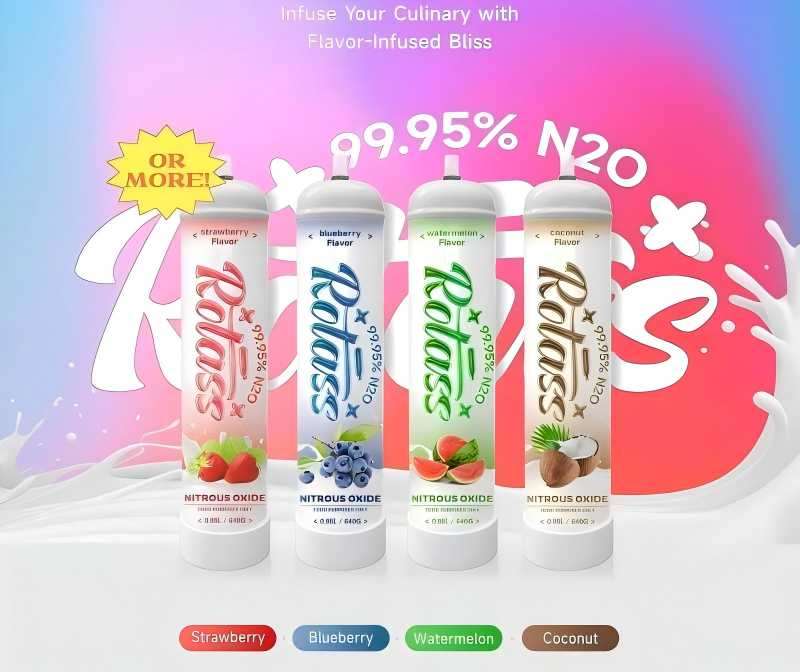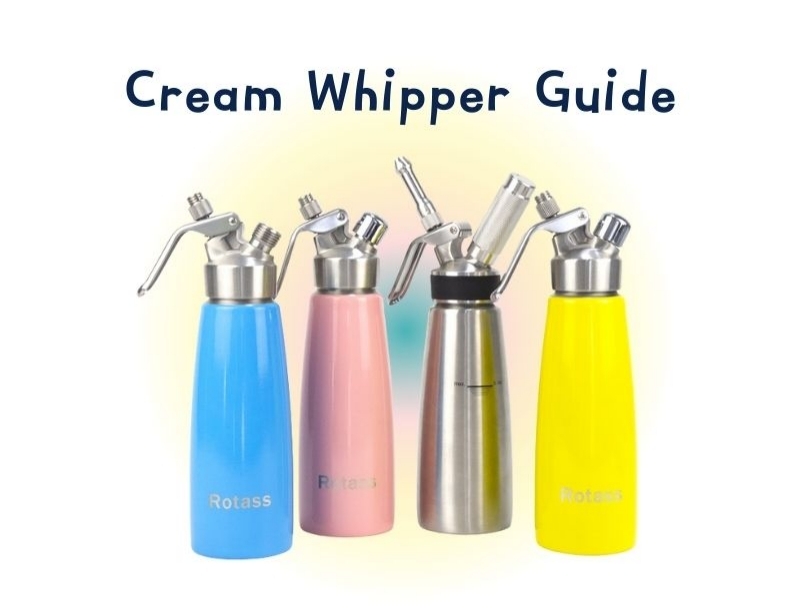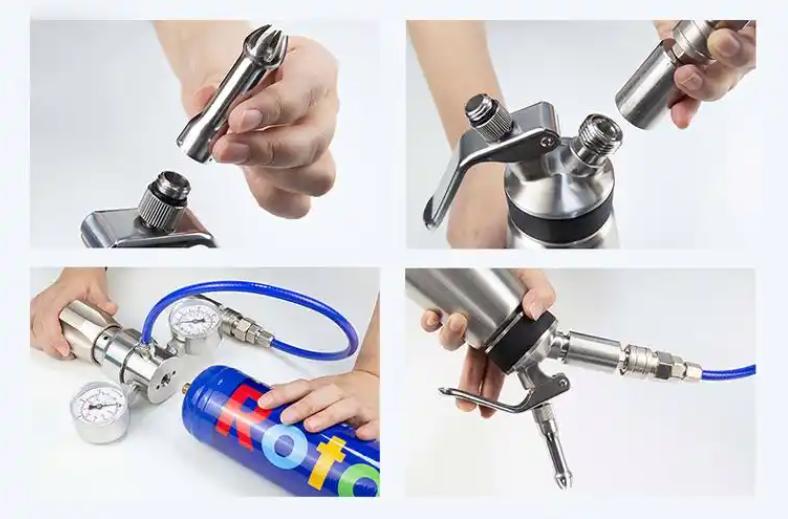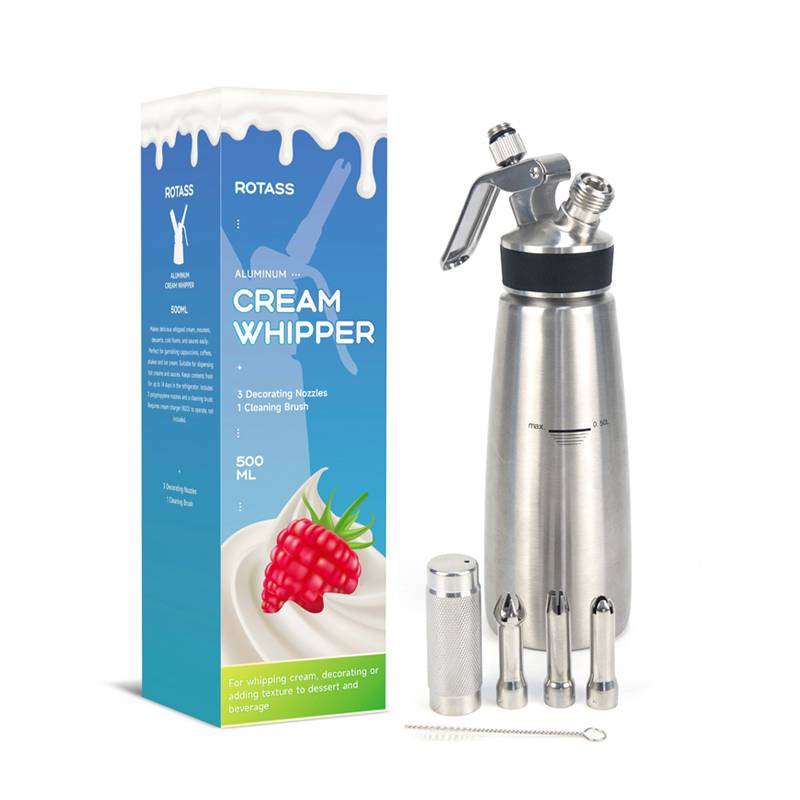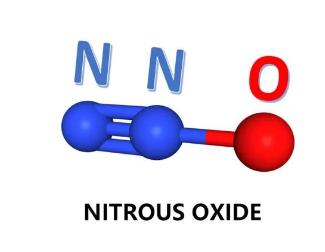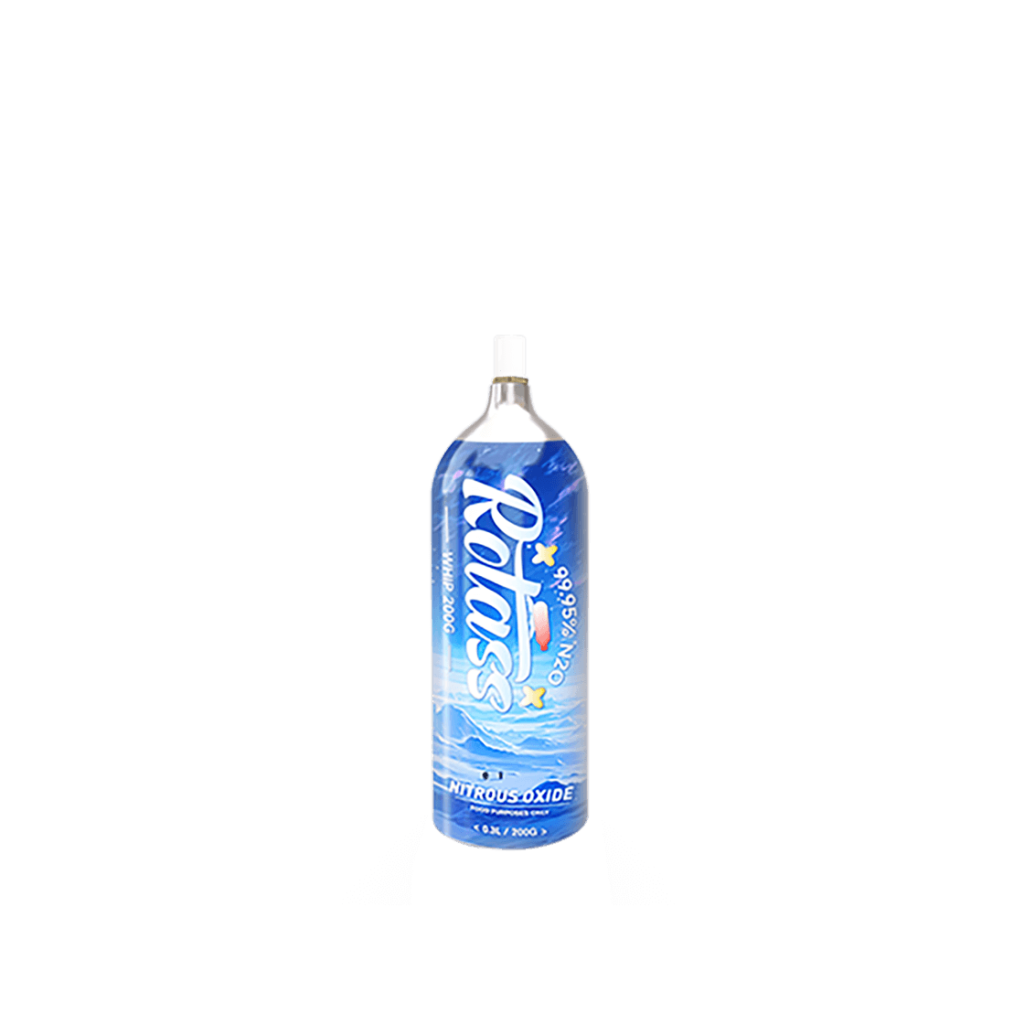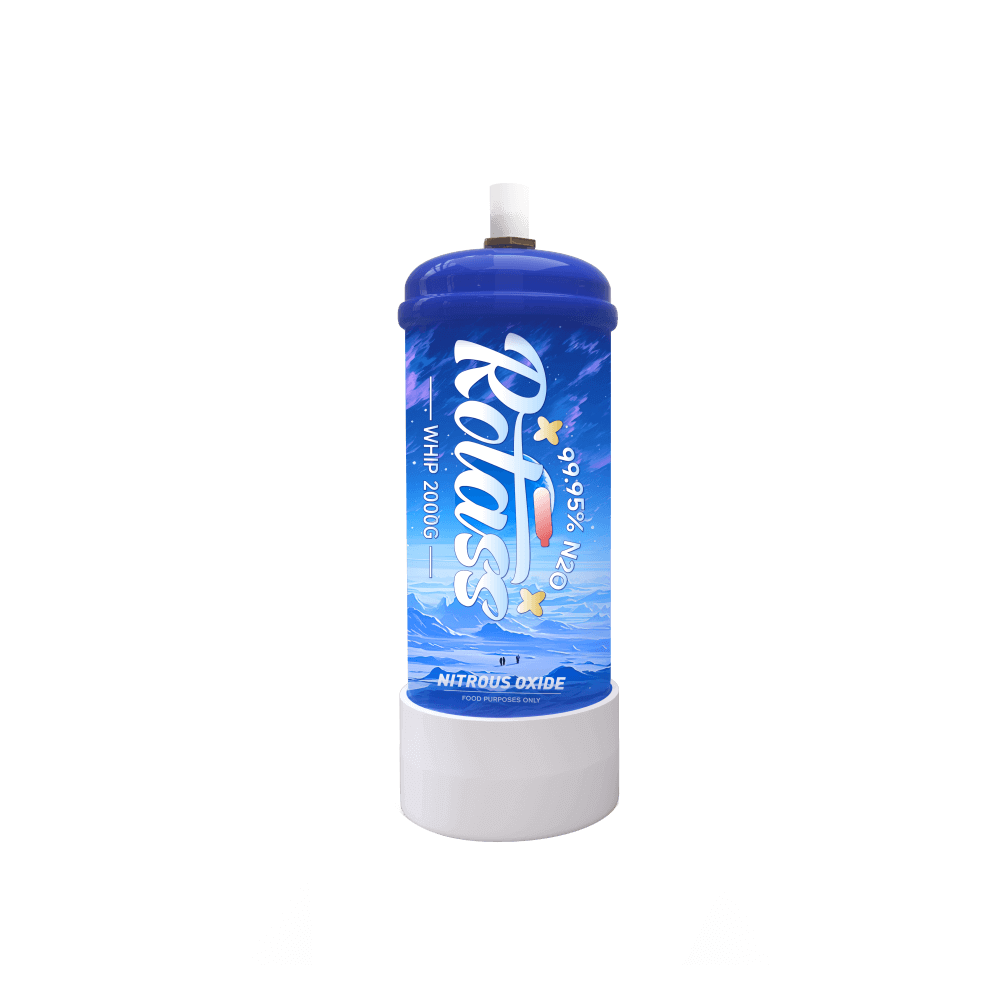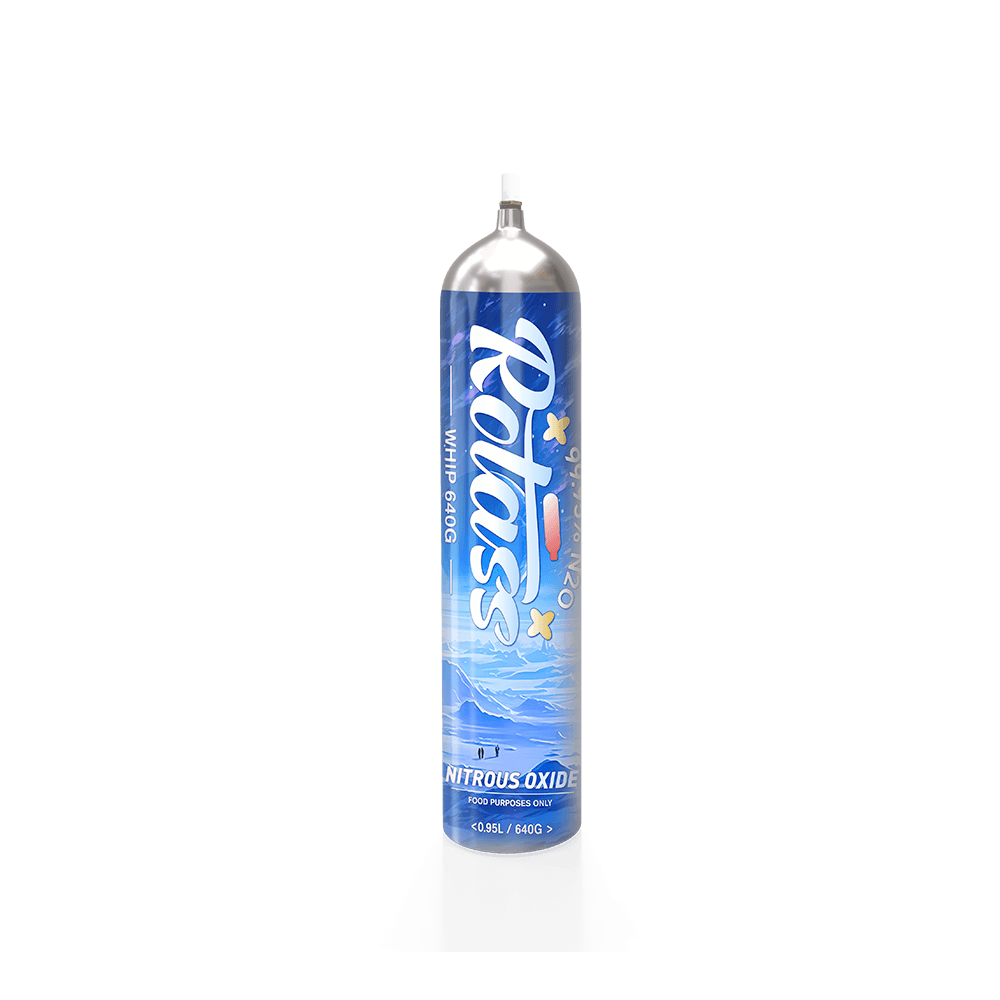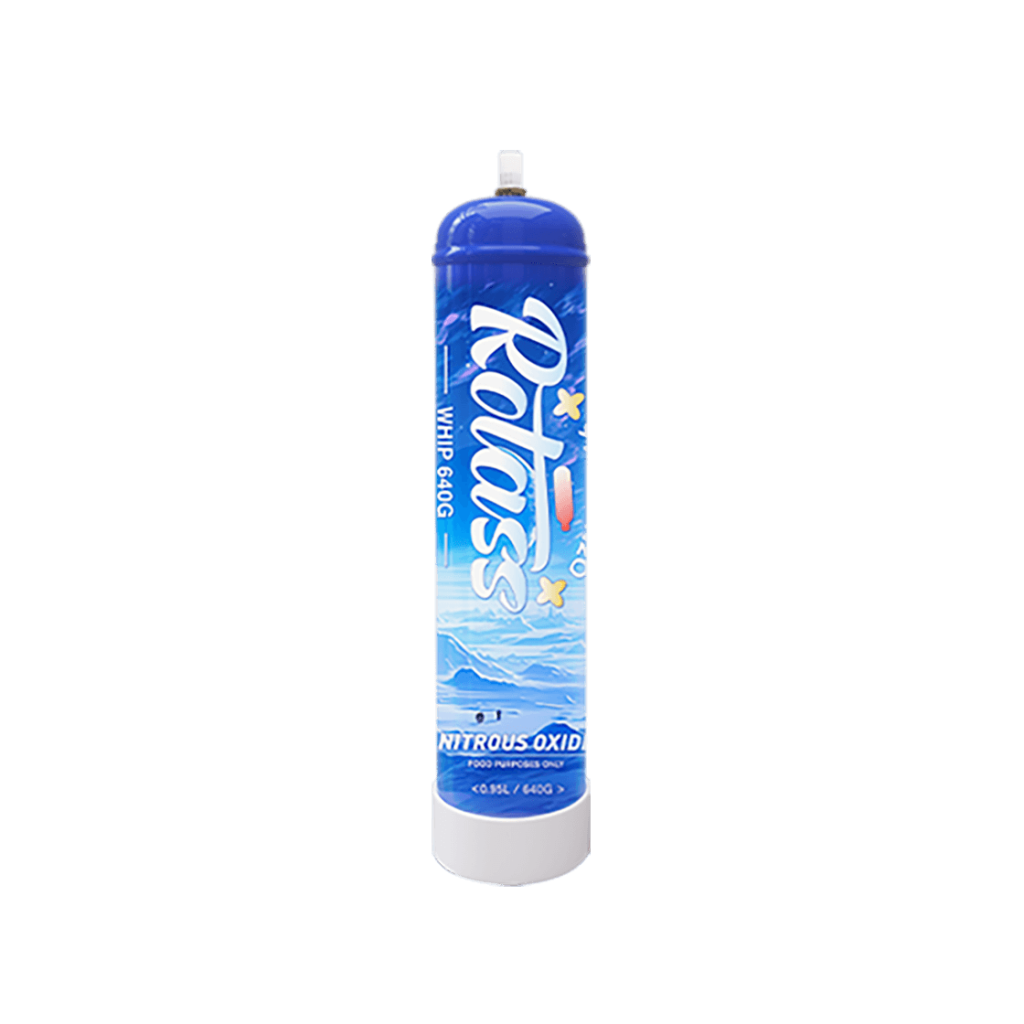2025 / 02 / 11
How to Source and Handle Wholesale Nitrous Oxide
Table of Contents
Nitrous oxide (N2O), commonly referred to as “laughing gas,” is a colorless, non-flammable gas with a slightly sweet odor. It has a wide range of applications across various industries, including medical anesthesia, food processing, and semiconductor manufacturing. The demand for nitrous oxide has led to the development of a robust wholesale market, with numerous suppliers offering bulk purchasing options.
This article explores nitrous oxide wholesale supply, covering crucial aspects such as its uses, safety considerations, packaging, transportation, storage, and finding reputable suppliers. Understanding these elements is essential for businesses that rely on nitrous oxide to ensure safe and efficient handling of this industrial gas.

Common Uses of Nitrous Oxide
Nitrous oxide is a colorless, non-flammable gas with a slightly sweet odor. Its unique properties make it valuable in several industries:
- Medical and Dental Applications: Nitrous oxide is widely used as an anesthetic and analgesic in medical and dental procedures. It is often mixed with oxygen to help patients relax and reduce pain during surgeries or dental treatments.
- Food Industry: In the food sector, nitrous oxide serves as a propellant in whipped cream dispensers and other aerosol products. It is also used to preserve the freshness of packaged foods by displacing oxygen, which can cause spoilage.
- Industrial Manufacturing: Nitrous oxide plays a critical role in the production of semiconductors and electronics. It is used as an oxidizing agent in chemical vapor deposition processes, which are essential for creating microchips and other electronic components.
- Automotive and Racing: In high-performance engines, nitrous oxide is used to increase power output by providing additional oxygen during combustion. This application is common in motorsports and racing.
- Scientific Research: Nitrous oxide is used in laboratories for various experiments, including studies on combustion, atmospheric chemistry, and biological processes.
The diverse applications of nitrous oxide create a steady demand for wholesale supplies, making it a key product for industrial gas suppliers.
What Are the Dangers of Nitrous Oxide?
While nitrous oxide has many beneficial uses, it also poses significant health and safety risks if not handled properly. Understanding these dangers is crucial for safe usage:
- Oxygen Deprivation: Inhaling nitrous oxide in large quantities can displace oxygen in the lungs, leading to hypoxia (oxygen deprivation). This can cause dizziness, unconsciousness, or even death in severe cases.
- Neurological Effects: Prolonged exposure to nitrous oxide can damage the nervous system, leading to symptoms such as numbness, tingling, and muscle weakness. Chronic misuse can result in irreversible neurological damage.
- Frostbite: Nitrous oxide is stored under high pressure in liquid form. Direct contact with the skin can cause frostbite or severe cold burns.
- Explosion Risk: Although nitrous oxide is non-flammable, it can support combustion at high temperatures. Improper storage or handling of nearby flammable materials can lead to explosions.
To mitigate these risks, strict safety protocols and regulations must be followed. For example, Businesses must adhere to safety standards such as those set by the Occupational Safety and Health Administration (OSHA) and the Department of Transportation (DOT).

What Are the Packaging Options for Wholesale Nitrous Oxide?
Wholesale nitrous oxide is typically supplied in various packaging options, each designed for specific quantities and applications:
- Smaller Cartridges/Chargers: For specific applications like whipped cream dispensers, smaller cartridges or chargers containing nitrous oxide are used. These are typically non-refillable.
- Cylinders: These are the most common packaging options for nitrous oxide. They come in various sizes, ranging from small portable cylinders to large industrial tanks. Cylinders are made of durable materials like steel or aluminum to withstand high pressure.
- Liquid Dewars: For larger quantities, nitrous oxide is stored in liquid form in insulated containers called dewars. These are ideal for industrial applications that require a continuous supply of gas.
- Bulk Storage Tanks: Some facilities use bulk storage tanks to store large volumes of nitrous oxide. These tanks are typically installed on-site and require specialized equipment for filling and dispensing.
All nitrous oxide packaging must comply with labeling requirements, including hazard symbols, safety information, and handling instructions. Proper labeling ensures that users are aware of the potential risks and know how to handle the gas safely.
How to Transport Nitrous Oxide Safely
Transporting nitrous oxide requires strict adherence to safety regulations and best practices to minimize the risk of accidents. Regulations vary by region but generally include:
- Regulatory Compliance: In many countries, the transport of nitrous oxide is regulated by transportation authorities. These regulations cover container specifications, labeling requirements, vehicle placarding, and driver training.
- Secure Packaging: Cylinders and dewars must be securely fastened during transport to prevent movement or tipping. This reduces the risk of leaks or accidents.
- Proper Documentation: Shipping documents must include details such as the quantity of nitrous oxide, hazard classification, and emergency contact information. This ensures that responders are prepared in case of an incident.
- Vehicle Requirements: Vehicles used for transporting nitrous oxide must be equipped with safety features such as fire extinguishers, spill containment kits, and ventilation systems.
By following these guidelines, businesses can minimize the risks associated with transporting nitrous oxide.

How to Store Nitrous Oxide Safely
Proper storage of nitrous oxide is essential to prevent accidents and ensure the gas remains effective. Key storage guidelines include:
- Ventilation: Nitrous oxide should be stored in a well-ventilated area to prevent the buildup of gas in case of a leak.
- Temperature Control: Storage areas should be kept cool and dry, away from direct sunlight and heat sources. High temperatures can increase the pressure inside cylinders, leading to potential hazards.
- Secure Storage: Cylinders and dewars should be stored upright and secured with chains or straps to prevent tipping.
- Leak Detection: Regular inspections should be conducted to check for leaks. Gas detectors can be installed to provide early warning of any issues.
- Emergency Procedures: Develop and implement emergency procedures for dealing with leaks or other incidents. This should include notifying emergency responders and evacuating the area if necessary.
How to Find the Right Nitrous Oxide Supplier
Choosing the right nitrous oxide supplier is critical for ensuring product quality, reliability, and compliance with safety standards. Here are some tips for finding a reputable supplier:
- Industry Reputation: Look for suppliers with a strong reputation in the industrial gas industry. Customer reviews and testimonials can provide valuable insights.
- Licensing and Certification: Ensure the supplier complies with all relevant regulations and holds necessary certifications.
- Product Quality: High-quality nitrous oxide is essential for consistent performance. Ask about the supplier’s quality control processes.
- Pricing and Availability: Compare prices from multiple suppliers to find a cost-effective solution. Also, consider the supplier’s ability to meet your volume requirements and delivery timelines.
- Customer Support: A reliable nitrous oxide supplier should offer excellent customer service, including technical support and assistance with safety protocols.
Additionally, online directories, industry trade shows, and referrals from other businesses also can help you identify potential nitrous oxide suppliers.

Wrap Up
Nitrous oxide plays a crucial role in various industries, from medical to manufacturing applications. However, due to its potential health hazards, businesses must prioritize safe handling, proper packaging, secure transport, and compliant storage. Finding a trusted nitrous oxide supplier ensures product quality and regulatory compliance, allowing for responsible and efficient use.
By following safety regulations and best practices, companies can ensure the safe and effective utilization of nitrous oxide in their operations.

